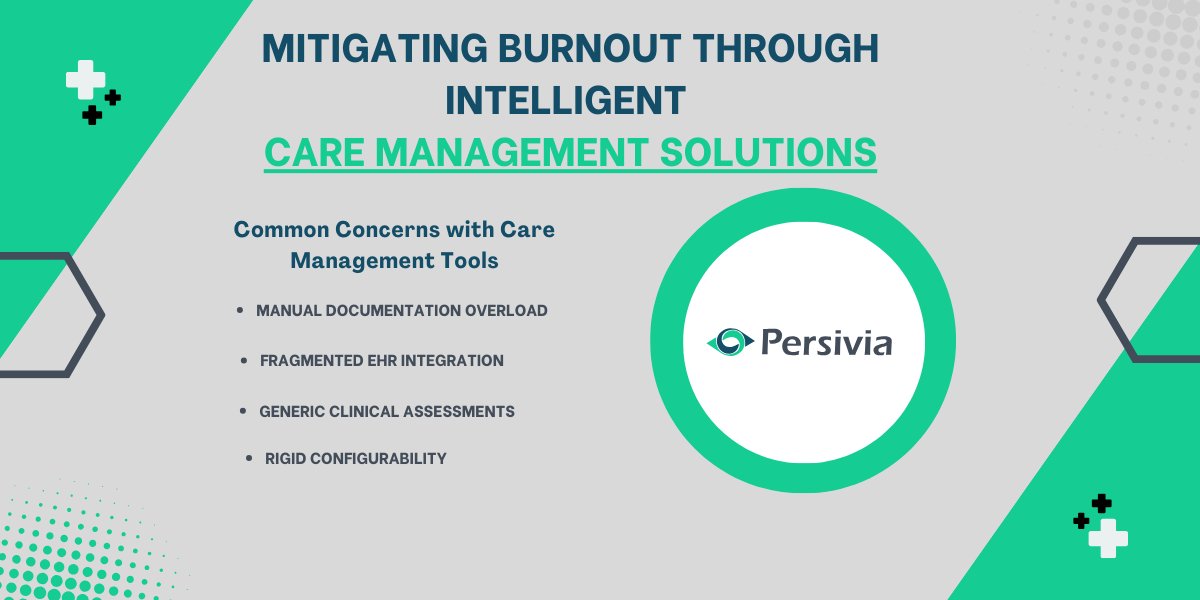
Contract Management Processes Every Company Should Be Aware Of
Contract management is vital because it has so many downstream effects throughout the organization. Good contract management keeps employees, suppliers, partners and vendors satisfied. It mitigates risk. It provides mechanisms for identifying contract issues as well as for solving them before they become potential legal matters.
In short, in a nation of laws, contract management is what makes business possible. With that in mind, below are some of the most important contract management processes that every business should be aware of and why they are fundamental parts of good overall contract management.
Contract Negotiation
Contract negotiation is the third stage that an employee, supplier, partner, vendor, etcetera enters into with a business. It takes place after the contract has been drafted and received internal approval. Contract negotiation can sometimes be susceptible to what is called “redlining,” wherein terms are changed, sections are reordered and omitted, or grammar is edited for clarity.
There should be well-defined protocols in place for contract negotiation and redlining that involve the chain of command that edits and changes have to move through, who to collaborate with, how to track changes, etcetera. Contract negotiation digital tools can help make this process much more streamlined and straightforward.
Laying Out Contract Governance
It is important to first carefully plan out contract governance and the management team that will be responsible for overseeing and ensuring compliance with it.
This includes identifying the specific roles required that will need to be hired for, laying out the structure and responsibilities of the team, budgeting for the resources they will need to manage employee contracts as well as any start-up and ongoing training that will be required. This process is an important part of contract compliance and should also include procedures for handling and storing data.
Contract Administration
Prior to carrying out contract administration, it must almost be carefully planned. There should be standardized procedures for managing contracts that everyone on the contract administration team is familiar with.
Checklists for executing, monitoring and updating contracts must be put in place. Things like payment standards and schedules, as well as strategies to help identify and reduce risk, need to be well-understood by the relevant company officers and particularly HR personnel.
Dispute Resolution
Dispute resolution lays out the rules and steps surrounding any contractual disagreements. This could include things like mediation and arbitration, who those mediators and arbitrators are, the time limits on arriving at a resolution and how dispute resolution costs will be covered. Businesses, and particularly business partners, need dispute resolution to avoid putting the company in jeopardy.
Relationship Management
The objective of the relationship management component of good contract administration should be to make use of communication tools to build and maintain relationships between contract signatories.
This includes the development of conflict resolution procedures and the formation and fostering of relationships with all stakeholders, partners, team members and vendors. Relationship management also involves ensuring all parties are up to date and informed on their respective contractual obligations, especially as relationships change or business conditions necessitate a reexamination of contracts.
Performance Management
Performance management refers to whether or not the agreed-upon performance metrics laid out in the contract are being satisfied or met by both parties. Performance management must also, crucially, focus on providing parties that are not fulfilling their contractual obligations with ways to improve performance in order to avoid disputes and even contract nullification.
In this way, contract management is an integral part of making sure employees, and other stakeholders understand their rights and responsibilities with respect to their contractual relationships with the company.
Performance management, when it comes to employees, is also comforting to workers because it allows them to improve their performance when necessary, especially with an eye to promotions and raises. By keeping employees abreast of their contract performance and giving them the information they need to improve, companies take career development seriously–an important aspect of employee satisfaction and retention.
Conclusion
Contract management is something businesses need to be attentive to from the early stages in order to put procedures in place that will serve them well throughout the business life cycle. How a business manages its contracts has a large bearing on its success, which is why careful consideration of the above processes is so essential.

Law Firm Management: How Technology is Driving Efficiency

Most Popular Social Networks: Dominating Online Platform







